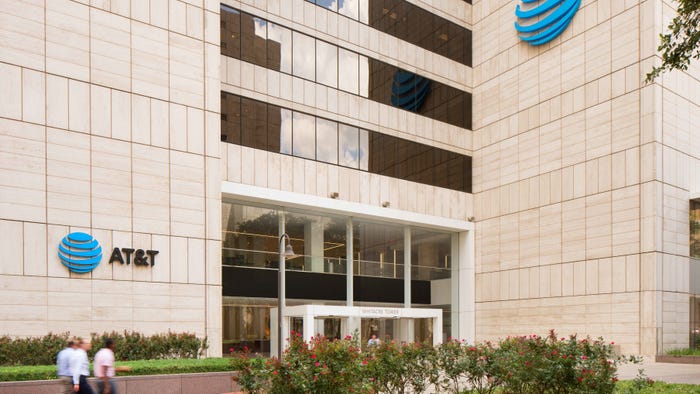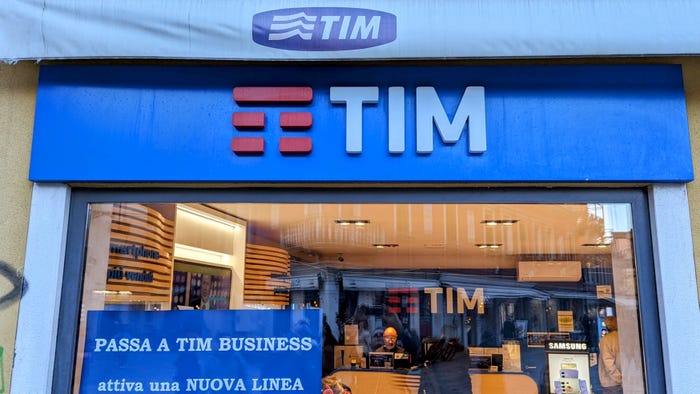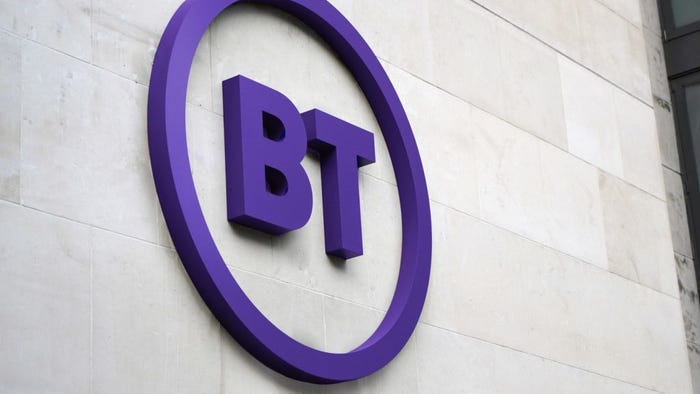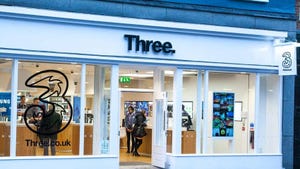
It is becoming evident that the telecom value chain is transforming as cloud native technology unlocks new possibilities. Service providers will need to consume, store, and analyze large amounts of data generated by cloud native networks and AI will be essential to manage interactions between applications, operations, and the network. With this evolution, opportunities extend beyond connectivity to open doors to specific enterprise markets. Strained by the need for near-real-time data analysis, more industries are looking to edge computing, particularly those using applications that require low latency and a rapid response. With the right blueprint in place, service providers can make the communications enablement of vertical applications extremely successful. 5G and IoT are reshaping issue resolution for first responders with real-time situational awareness and grid edge applications made to mitigate disturbances.






































.png?width=300&auto=webp&quality=80&disable=upscale)


_1.jpg?width=300&auto=webp&quality=80&disable=upscale)


.png?width=800&auto=webp&quality=80&disable=upscale)